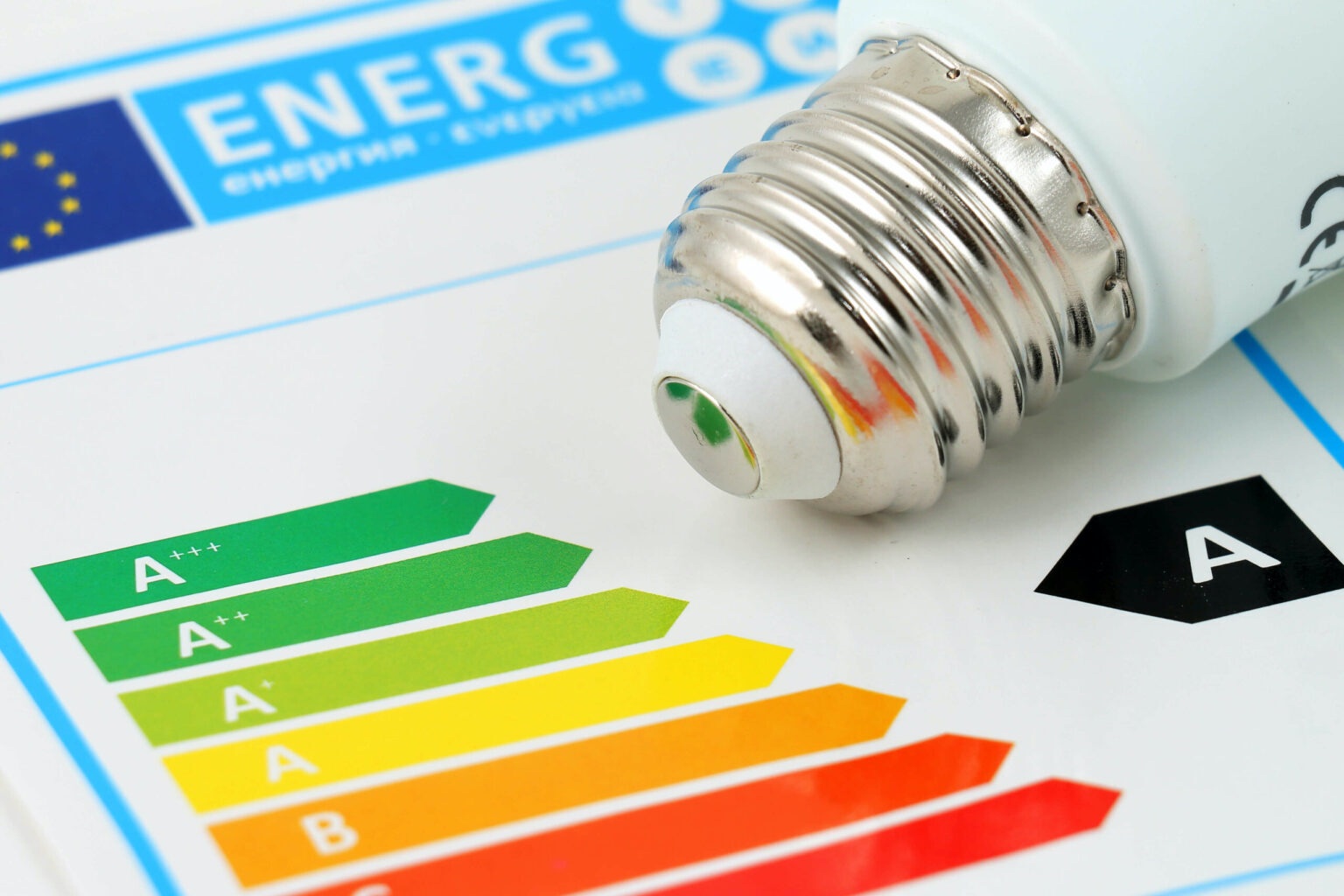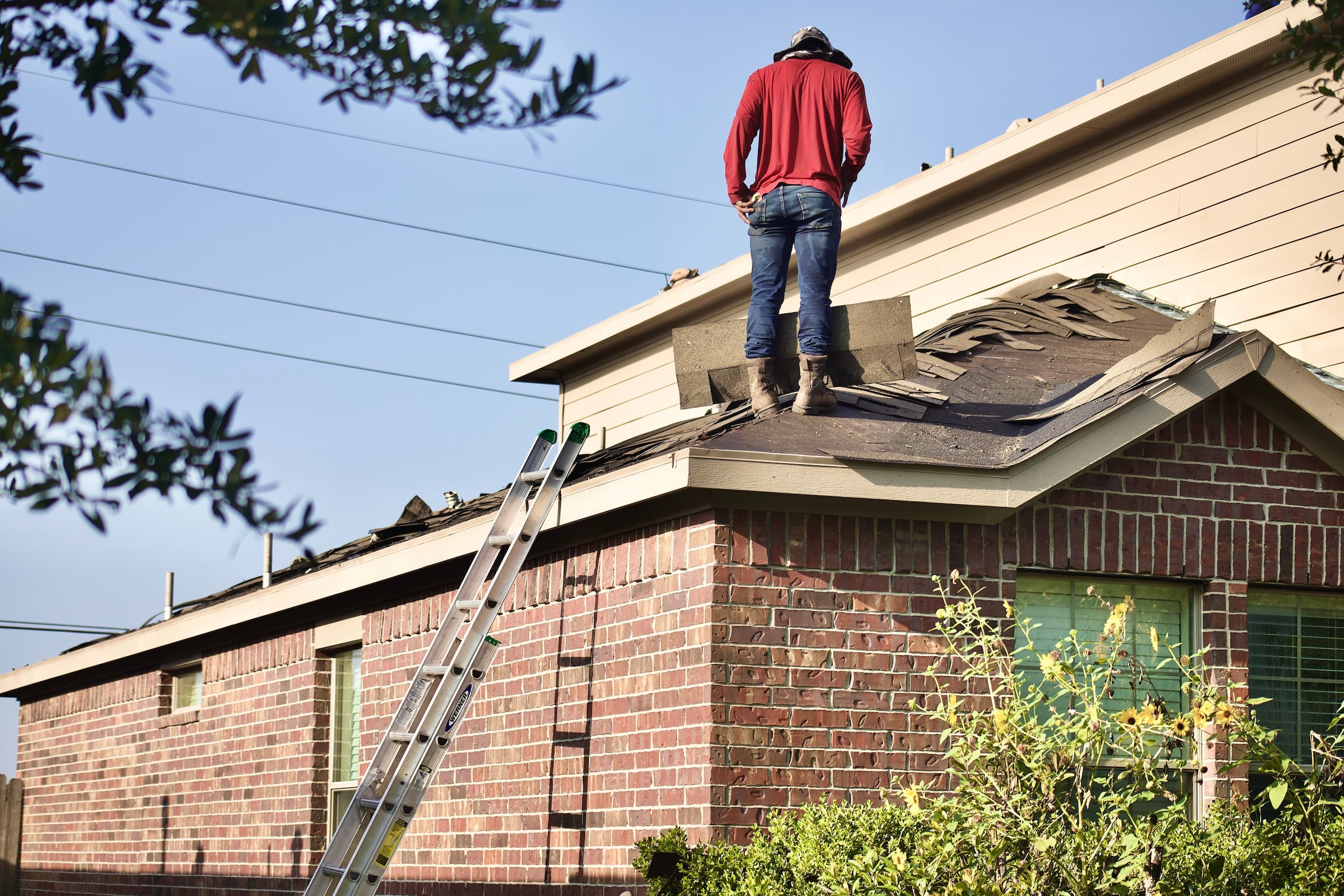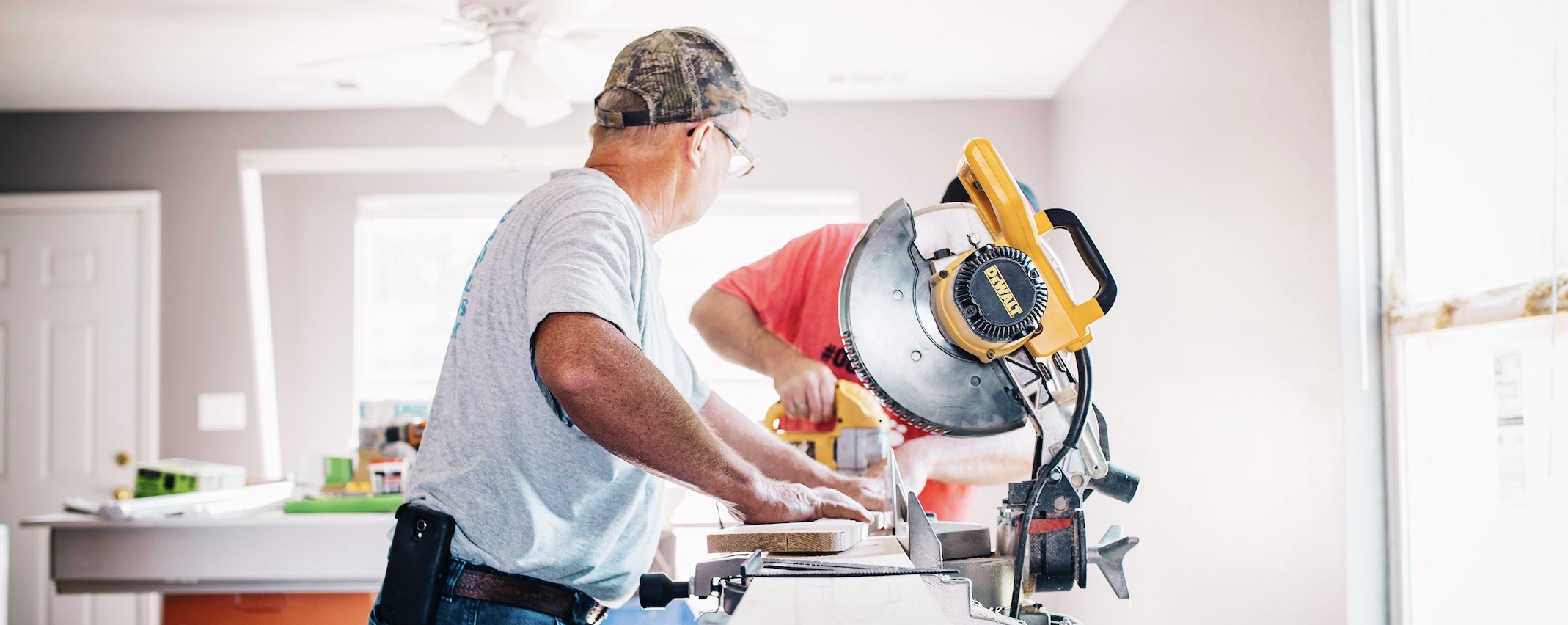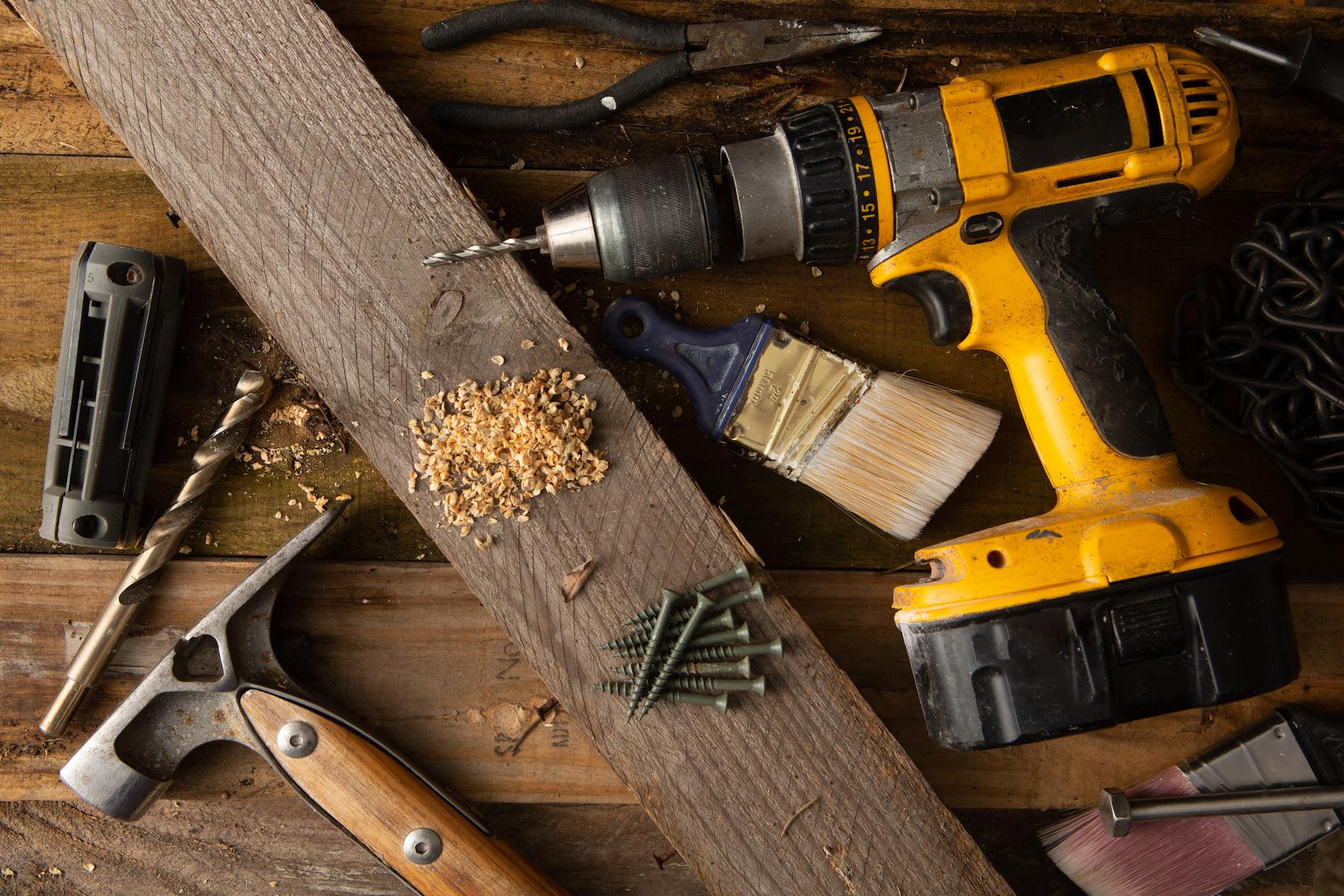Five Tips to Make Your Home Energy Efficient
Admin / Aug 10, 2022 · 5 min read
Share
As the energy crisis continues to increase household energy bills, it’s time to think about how to make your house more efficient and sustainable in order to cut these costs and improve your energy performance.
The first step would be to find out how much energy your home currently uses so that you are able to plan your energy cutting strategy.
You can do this by finding your Energy Performance Certificate, or EPC for short. If you’re unsure of what you’re looking for, it is a certificate that is usually included in your mortgage pack.
Alternatively, take a look at the government’s EPC register , where you should be able to see this information online.
Now, don’t worry. It may seem like a costly job, but we have a list of budget-friendly options and even government funded grants that you may not know are available.
First things first, in order to save energy, look toward separate elements so that you can carefully consider all areas.
These include:
- Heating
- Electricity
- Water
- Walls
- Windows
Once you work your way through each section, it may become easier to pinpoint exactly where you can cut costs!
Let’s start with heating.
Reduce your thermostat temperature
To save energy in your home, why not try keeping your central heating lower than usual or switching off the timer so that it’s not on while you’re out of the house?
Though it’s not ideal if you are trying to keep warm during winter, turning your temperature down by just a couple of degrees may save you more than you’d think.
For example, if you like to keep your heating on a toasty 23 degrees all day, knock it down to 21 and see how the gradual reduction feels inside the house before lowering it further if necessary.
Replace your old boiler
Faulty or old boilers are renowned for racking up unexpected costs, and that’s not just for heating your amenities. Repair costs can also become quite expensive depending on the issue, such as the need to replace the elements.
A handy scheme that may help with replacement costs is The Boiler Upgrade Scheme . It’s a government scheme that supports households by providing £6,000 towards switching from an old gas boiler to a biomass boiler or £5,000 for a low-carbon solution.
Use low-carbon heating
If you are able to afford to switch or are eligible for the above scheme, this option is a great solution if you are hoping to cut energy usage when heating your home and water.
Something to consider with a low-carbon boiler is whether you have the correct insulation. This is because it will cost more to heat a home with poor insulation than a home that is protected from the elements.
So, if your house has had the proper insulation measures taken, you can switch to a lower-output boiler, which will cost you less upfront and also in the long run.
Insulate, insulate, insulate!
There are many ways to insulate your home, and each way can have a significant impact.
There are three popular ways to insulate your house (four if you count external insulating), and they are:
Wall insulation
This method involves insulating the inside of your internal walls, and it’s a great way to keep heat from escaping, especially if you live in a detached home where each side is exposed to the elements.
Factors such as the age and type of walls you have also affect the retention and loss of heat, so if you have this information available, it would be worth knowing what you have on your hands. Take care in ensuring that your house stays cosy by insulating your internal walls this winter.
Floor insulation
Don’t let your feet miss out on the same warmth as the rest of your body — consider insulating your flooring!
Now, upper levels may not require insulation due to being protected from the outside unless situated above a garage or other room without heating.
Roof and loft insulation
Insulating your roof or loft is single-handedly one of the most cost-effective ways to improve energy efficiency. This is largely due to how much heat is lost through those areas.
Especially if you own a bungalow or a large, detached house.
Install solar panels
Solar panels are a great way to improve your sustainable energy intake and cut costs gradually.
Did you know that households that install solar panels can benefit from selling their unused electricity as part of the Smart Export Guarantee scheme?
Change every bulb you can.
Lightbulbs are usually overlooked when it comes to thinking of ways to reduce energy consumption, but just think about how many bulbs you have in your home.
By swapping out your bulbs for new energy-efficient ones, you can aim to make a real difference to your home’s energy usage overnight.
Become a host!
Sharing your home and spare rooms with clients as part of a hire/rent agreement allows you to share the costs of bills.
There are many ways to get started, one of which is to become an Airbnb host.
Airbnb is currently working with the Energy Saving Trust to support their hosts in making sustainable home improvements, as well as offering a grant of up to £3,000 to assist in this.
This is part of their Sustainable Hosting Plan, which includes a £1 million fund to support these hosts with energy efficiency improvements, cutting carbon emissions and making long-term savings on their bills to help with the rising cost of living.
And the best part is that this Airbnb grant can also be used alongside the government schemes listed in our tips above.
Our team at On The House are approved contractors in this scheme and will be able to provide essential advice and improvements to hosts in need of repairs, maintenance and consultation. Contact us today to see how we can help your home.
You may also want to read

Discover 'On The House': Your Ultimate Guide to All Things Property Maintenance
Admin / Apr 10, 2023 · 5 min read
Welcome to 'On The House', a dynamic hub where tackling home maintenance and repairs becomes a breeze. Whether you're aiming to rejuvenate your living space, address urgent repair needs like a serious leak, or plan an extension, 'On The House' stands as your essential resource.

How Compliant is your Rental Property?
Admin / Mar 10, 2023 · 8 min read
As a landlord, you have a responsibility to ensure that your rental property is compliant with government regulations. This includes meeting certain standards for health and safety, as well as providing tenants with certain information and protections. Failing to comply with these requirements can result in fines, legal action, or damage to your reputation.

Why is an EPC rating important?
Admin / Feb 10, 2023 · 4 min read
As a property owner or manager, you may be aware of the importance of Energy Performance Certificates (EPCs) for your building. An EPC is a document that provides information on the energy efficiency of a property, including its current rating and recommendations for improvement.

Boiler Issues: How to Keep Your Home Warm and Cozy
Admin / Jan 10, 2023 · 5 min read
Winter is upon us and there's nothing worse than waking up to a cold house on a frosty morning. A malfunctioning boiler can quickly put a damper on your day and leave you shivering in the cold. But don't despair, there are ways to keep your home warm and cozy, even when your boiler isn't working as it should.




Cost of living is increasing: How maintenance plays its part in reducing outgoings
Admin / Sep 10, 2022 · 5 min read
As the cost of living is increasing throughout the UK and the colder months of winter approach quickly, pro-actively maintaining your home is crucial to lowering your long-term repair costs.
Connect with us
We are building a community of property owners, sharing tips and advice to help you maintain your property. Join the conversation...
Copyright © 2025 - All rights reserved. On The House is a trading style of On The House Limited.
We use cookies on our website to give you the most relevant experience by remembering your preferences and repeat visits. By clicking “Accept”, you consent to the use of ALL the cookies. Check our Privacy Policy for more information.